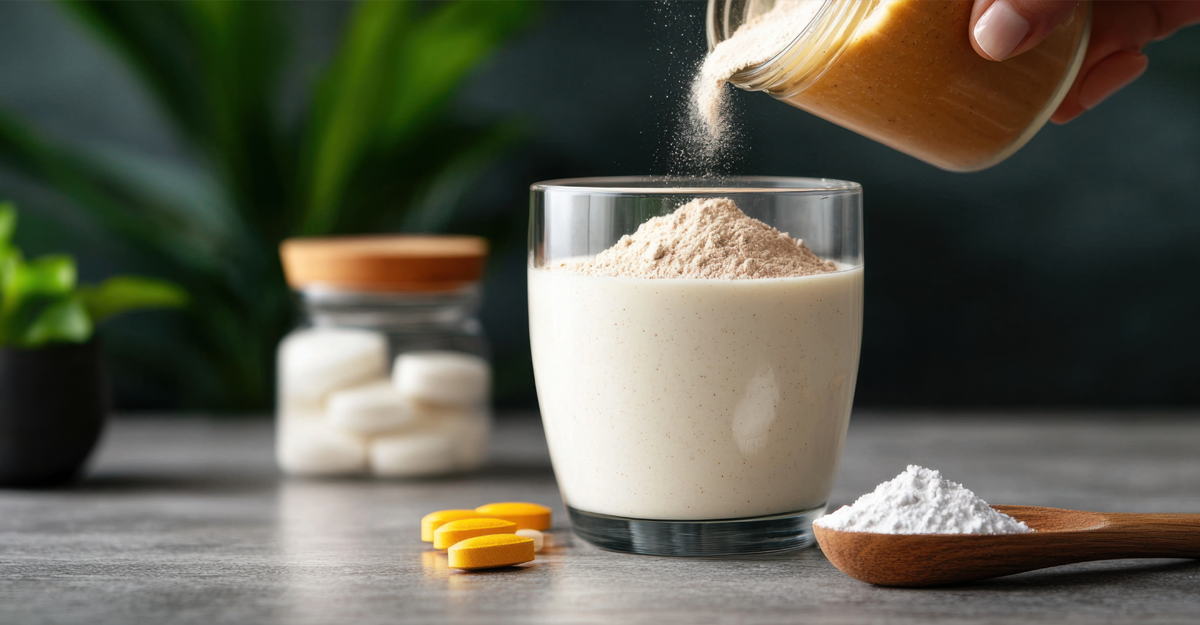
Many people are not aware that our bodies need a small but regular intake of copper to maintain health and proper functioning. That’s right, it is an essential micro-nutrient!
Since our bodies cannot synthesize this valuable element, it is critical that we acquire it elsewhere. Because copper is found naturally in plants and animals, we can obtain it through diet. The USDA recommended daily allowance (RDA) for dietary copper is 900mcg or 0.9mg for adults and adolescents, with a tolerable upper intake level of 10mg per day for adults. According to the World Health Organization’s (WHO) nutritional guidelines, adults typically need 1 – 2mg of copper daily.
Consuming dietary copper is especially critical for pregnant women and their developing fetuses. In fact, “In the third trimester, expectant mothers are advised to double their normal intake of dietary copper to ensure their fetuses receive all that they need. Copper is stored in the fetal liver, where it can reach levels that are ten times greater than typical adult levels. After birth, the baby will need this copper for growth and development, and will excrete any excess that is not required,” according to the International Copper Association.
Food Sources of Copper
The World’s Healthiest Foods ranks these items as excellent sources of copper:
Very good sources of dietary copper include: sunflower seeds, tempeh, garbanzo beans, lentils, walnuts, lima beans, pumpkin seeds, tofu, peanuts, kidney beans, olives, sweet potato, shrimp, green peas, almonds, grapes, pineapple, winter squash, flaxseeds, Brussels sprouts, beets, raspberries, tomatoes, broccoli, kiwi, basil, sea vegetables, black pepper, miso, eggplant, fennel, leeks, parsley, chili peppers, romaine lettuce and garlic. (Rule for very good rating: DRI/DV>=50% OR Density>=3.4 AND DRI/DV>=5% – Source.)
Copper Supplements
If you do not consume enough copper in your diet, supplements may help you meet your daily requirements. These copper supplements are popular here at Natural Healthy Concepts:
Health Benefits of Copper
Copper’s health benefits have been appreciated since as far back as 2600 BC (first documented use). There is evidence that Egyptians used it to sterilize water and wounds. Later, it was employed by the Greeks and other cultures as well for health issues such as headaches, “trembling limbs,” burns, itching, boils, eye ailments and more. In addition, the Aztecs used copper for sore throats and other medicinal purposes. (Source)
Today, we know that copper is an essential trace element for humans and animals, and that it is critical for life. In the body, copper is stored in liver, brain, muscle and other tissues. It connects with certain proteins to make enzymes that are catalysts in aiding several body functions. Copper plays an important role in energy metabolism, nerve function, melanin transformation for skin pigmentation, cellular processes, heart function, fetus and infant growth and development, iron transport, liver function, collagen production, bone strength, brain development, immune system function, and red and white blood cell maturation.
Let’s take a look at the specific health benefits of copper.
- Brain/Nervous System Related: Copper supports cognitive function, electrical impulse movement along the nerves, neurotransmitter production, brain stimulation, and healthy formation of the brain and nervous system.
- Bone Related: Copper promotes collagen formation – keeping bones strong and healthy.
- Heart/Blood Vessel Related: Copper supports normal elasticity of blood vessels, muscle tone and contraction of the heart, and the maintenance of healthy blood pressure and cholesterol levels already within the normal range.
- Skin Related: Copper promotes collagen formation, keeping skin firm and healthy looking.
- Immune System Related: Copper supports immune system health and overall health.
- More: Copper promotes antioxidant activity, normal growth and development, thyroid function, wound recovery due to its microbicidal, virucidal and fungicidal properties, connective tissue maintenance and repair, joint health, melanin production (skin, hair and eye pigmentation), iron absorption, digestive health and blood cell formation.
Signs of Copper Deficiency
Modern food processing and nutrient depletion of our soil has led to a lack of copper content in the foods we eat. Also, high intakes of zinc (150 mg/day or above) and vitamin C (1,500 mg/day) have been tied to the lack of this mineral, as they compete with copper for absorption in the intestine. In addition, intestinal bypass surgery can be a factor.
A copper deficiency can negatively affect the body in many ways:
- Heart and circulation issues
- Deficiency of white blood cells, increased risk of infection and immune system difficulties
- Anemia and iron absorption issues
- Osteoporosis, low bone mineral density, bone fractures and skeletal abnormalities
- Malfunctioning of the nervous system and neurological impairment
- Compromised growth
- Joint dysfunction
- Depigmentation of hair, skin and eyes (grey hair, paleness)
- Thyroid concerns
Note of Caution about Copper
Consuming excessive amounts of copper can be harmful, so be sure to follow recommendations! Though not very common, consistent exposure to water from old copper pipes and the presence of genetic issues can induce copper toxicity.
The World Health Organization has stated that “there is a greater risk from copper deficiency than from copper toxicity, even in developed areas such as the U.S. and Western Europe.” Interestingly, our bodies have evolved an “internal regulatory mechanism” to ensure the copper we consume is properly used while the excess is excreted in urine, perspiration and bile. Due to this function, between 25 and 60 percent of the copper the body receives is absorbed for use, and the balance is eliminated. (Source)
So there you have it. Copper is not only one of the most important materials in construction and technology, but also an essential nutrient required for human life! Be sure to consume recommended amounts.
Have you had a health issue related to copper deficiency? How was it finally diagnosed? Share your story in the comments section below!








